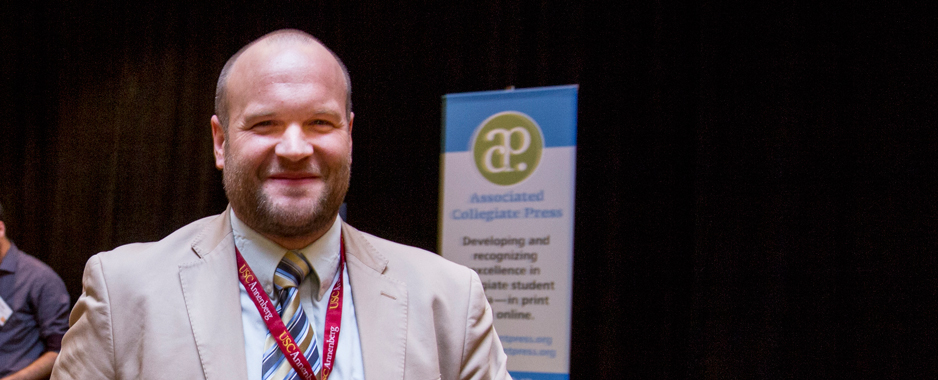Audrey Werth/tr news editor
If you haven’t actively been searching for information about citizen science, recent changes to medical science and research have probably escaped your attention.
Citizen scientists are demanding access to medical research to actively participate in their own health.
Today, the idea that an ordinary citizen could take part in scientific discovery seems foreign or ridiculous. That type of work is left to researchers with highly specialized, advanced degrees.
The field of science, however, didn’t become so highly professionalized until the 19th century. Many scientists we revere today were amateur scientists with an intense curiosity and desire to learn. Among them was Benjamin Franklin, who made important discoveries about electricity though he had no formal training in the field.
The professionalization of science has allowed for much more detailed and rigorous research, but it has also created secrecy and limited access to information we all should care about.
Researchers sometimes don’t allow patients to see the results of research out of concern that another researcher will publish it before they can claim it as their own.
Medical professionals also claim that if given access to genetic information and research, people will make important medical decisions without the help of a doctor and without completely understanding the research.
This is a legitimate concern but not enough to deny the exciting possibilities available through collaboration between citizens and researchers.
Research that would take researchers years can now be done in weeks through crowdsourcing and enlisting citizen scientists to help researchers.
“The questions that most people have about their DNA … aren’t always in sync with the approach taken by pharmaceutical and academic researchers,” according to The Wall Street Journal. “Increasingly, the outside-the-system approach seems to have reached a turning point. In talks at national conferences, in webinars, blogs and articles, more people are starting to ask: Is science really something anyone can do?”
I’m not saying that medical research is easy and that protocols are no longer necessary, but now that we have a taste for what is possible through citizen science, it is not something that will easily disappear. Now, it is time for more individuals to demand participation in their own health and for researchers to work with them to discover how to make this new system effective and safe.

























